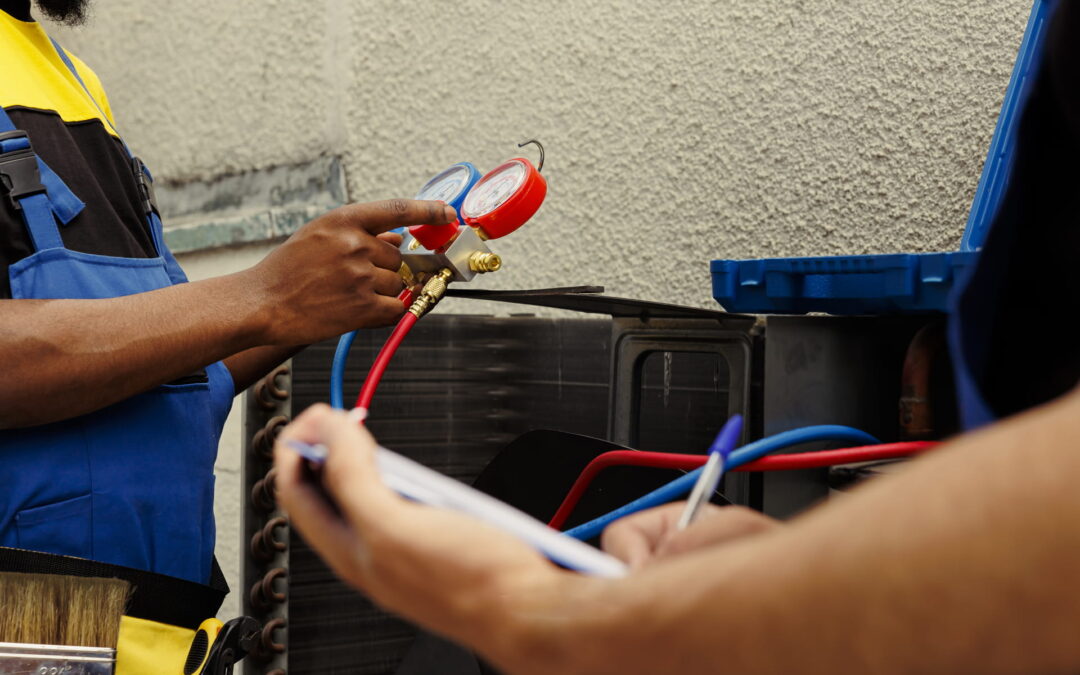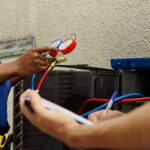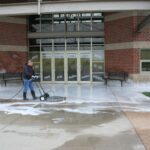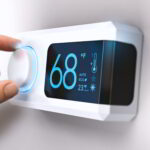When your air conditioner seems to run endlessly but the house stays warm, hidden issues could be quietly driving up your energy costs. Tropical AC and Heat often finds that what starts as a minor problem ends up overworking the system—and sending utility bills soaring.
Here’s a closer look at seven common culprits behind energy waste and why timely AC repair matters more than most homeowners realize.
1. Grimy Coils Steal Cooling Power
When dust, pet hair, and yard debris cling to the coils, the system struggles to release heat. Instead of cooling your space efficiently, it runs longer cycles just to keep up. The U.S. Department of Energy warns that heavily clogged coils can slash efficiency by nearly 30%.
Over time, this buildup can cause ice to form and stress the compressor—one of the most expensive components to replace. Professional cleaning clears away layers of grime, restores airflow, and trims energy use by as much as 20%.
2. Air Filters Choked with Dust
Forgetfulness with filter changes can take a serious toll. Once saturated with dirt, filters restrict airflow so severely that your AC strains just to pull air through. Energy use climbs, often by 15% or more, while indoor air quality tanks.
Tropical AC and Heat techs have seen filters so clogged with dander and pollen that airflow practically stalled. Swapping filters every one to three months keeps your system breathing and avoids costly wear on the blower motor.
3. Refrigerant Leaks Sap Cooling Performance
Even the tiniest refrigerant leaks wreak havoc over time. Levels drop, and your AC runs constant cycles without cooling the house. Systems push harder, guzzling more power while barely making a dent in the temperature.
Left unchecked, these leaks speed up compressor failure—a repair no homeowner wants. Certified AC repair technicians handle the recharge safely, preventing long-term damage while keeping cooling capacity where it should be.
4. Aging Capacitors Drain Power
Capacitors handle the surge of energy needed to start the compressor and fan motors. As they wear out, the system may start short cycling—turning on and off rapidly—which wastes power and wears down components fast.
Tropical AC and Heat often replaces failing capacitors after finding them responsible for overheating systems and blown compressors. Regular check-ups catch these issues early, saving energy and preventing breakdowns.
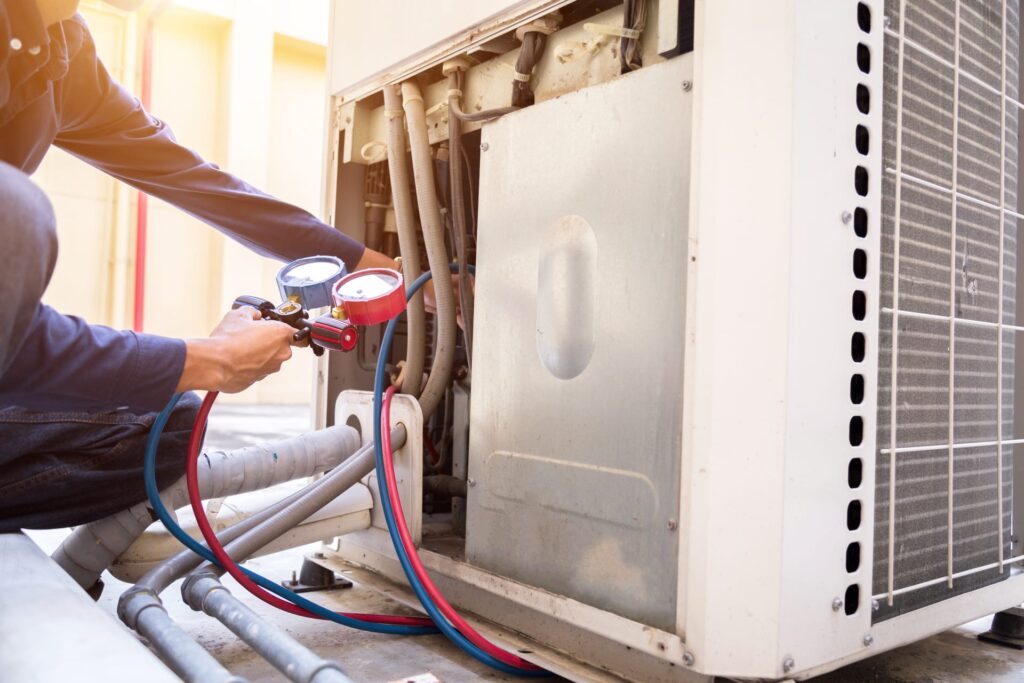
5. Blocked Condensers Cause Dangerous Overheating
Your outdoor condenser unit needs breathing room. Overgrown bushes, yard clutter, or fences too close trap heat, forcing the AC to run hotter and longer.
Techs often find units buried behind hedges or surrounded by grass clippings. The U.S. Department of Energy recommends clearing at least two feet around the unit. Keeping it clean and unobstructed prevents overheating and keeps energy use in check—especially during peak summer demand.
6. Leaky Ducts Waste Air—and Money
When cooled air escapes through cracks or gaps in ductwork, the AC runs overtime trying to reach the set temperature. Energy Star reports that duct leaks can waste up to 30% of the system’s output.
Leaks often hide in crawl spaces or attics, out of sight but driving costs up month after month. Proper sealing helps reclaim that lost air, improving comfort while lowering power use.
7. Faulty Thermostats Create Endless Cooling Cycles
A thermostat on the fritz reads temperatures wrong, forcing your AC into constant cycles or keeping it running when it’s not needed. Poor placement—too close to windows or heat-producing appliances—makes the problem worse.
Installing a modern, programmable thermostat fine-tunes how your system runs, trimming energy waste by up to 10% annually, according to the U.S. Department of Energy. It’s a small upgrade that pays off fast.
Why AC Repair Keeps Energy Costs Under Control
Small problems compound fast inside an air conditioning system. Worn parts, airflow blockages, or electrical hiccups can push your energy bills higher without you realizing it. Tropical AC and Heat often uncovers hidden issues homeowners had no idea were there—until the fixes start reflecting on the power bill.
Routine inspections and expert AC repair extend system life, reduce strain on the compressor, and cut down on unnecessary cooling cycles. Certified handling of refrigerants ensures the work is done safely and responsibly, too.
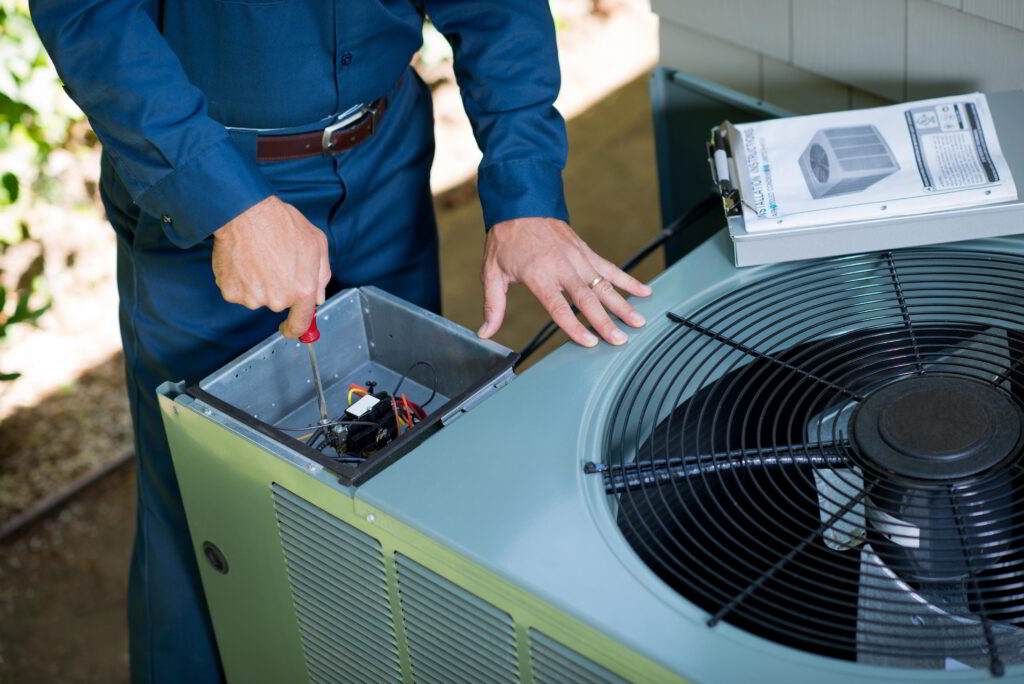
Common Questions About AC Repair and Energy Loss
What happens if dirty coils aren’t cleaned?
Heat gets trapped, forcing the AC to run longer. This drives up energy use and risks burning out the compressor.
Why are duct leaks so costly?
Cooled air escapes into crawl spaces or attics, making the system work harder. That extra effort shows up on your energy bill.
How do bad capacitors affect performance?
They cause the system to short cycle and pull excess electricity, eventually leading to serious component damage.
How often should the condenser area be cleared?
Every season—and especially after storms—to keep airflow unobstructed and prevent overheating.
Why replace an old thermostat?
Aging thermostats misread temperatures, triggering unnecessary cycles. Upgrading helps the system run smarter, not harder.

